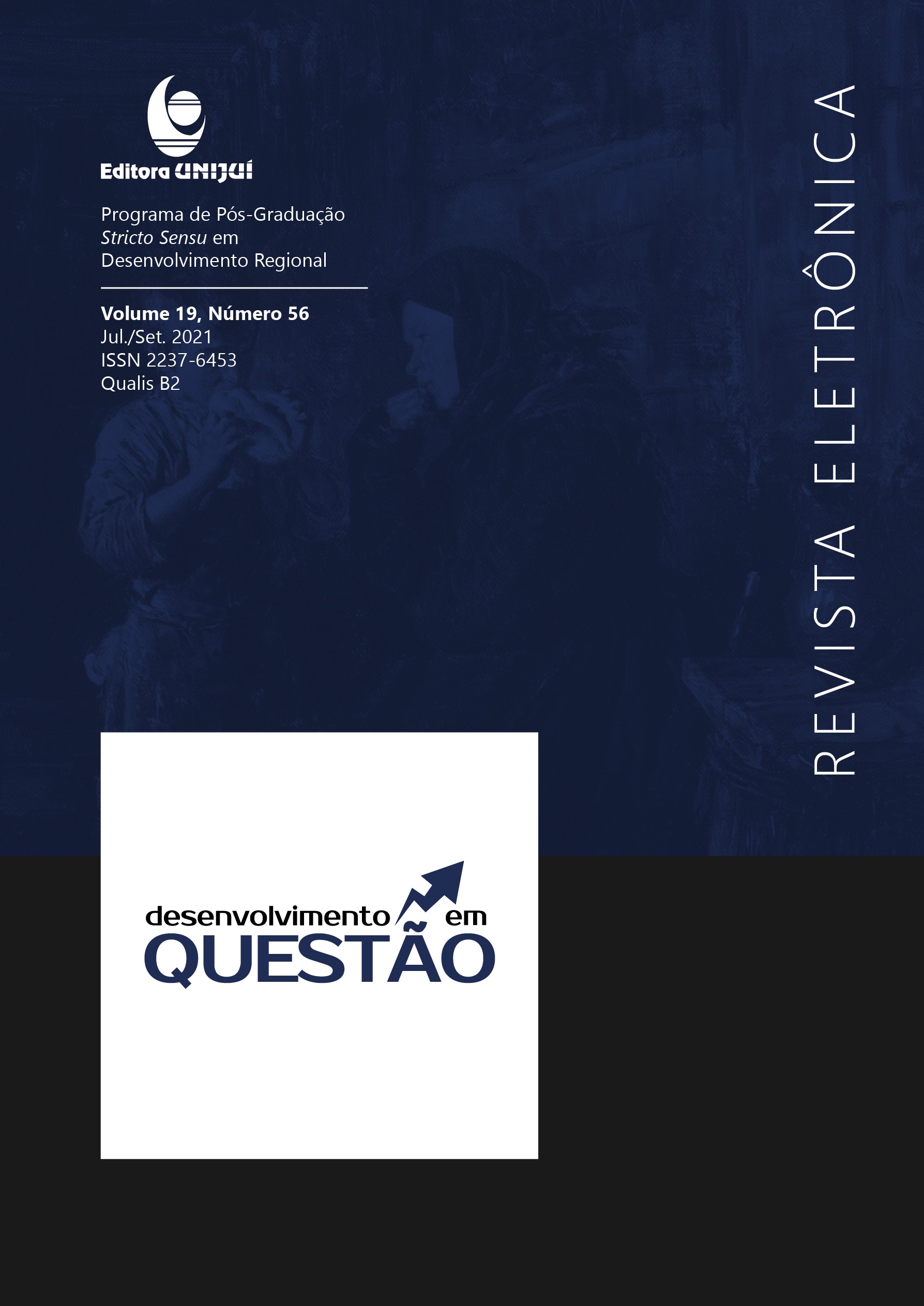ORGANIZATIONAL CULTURE AND THE TECHNOLOGY ACCEPTANCE MODEL (TAM): AN ANALYSIS OF THE ELECTRONIC MEMORANDUM AT FEDERAL UNIVERSITY OF PIAUÍ
ORGANIZATIONAL CULTURE AND THE TECHNOLOGY ACCEPTANCE MODEL (TAM): AN ANALYSIS OF THE ELECTRONIC MEMORANDUM MODULE AT FEDERAL UNIVERSITY OF PIAUÍ
DOI:
https://doi.org/10.21527/2237-6453.2021.56.11337Keywords:
Public administration, Organizational culture, Technology Acceptance ModelAbstract
Innovation can be influenced by organizational culture, an important construct for management and performance practices. The impact of organizational culture on technology acceptance of the electronic memo module of a Federal Institution of Higher Education was evaluated. This research is descriptive and quantitative. A survey was carried out, applied to 337 users. Smart PLS 3.2 software was used, due to the absence of multivariate normality in the data distribution and IBM SPSS® v. 23 for conducting the Exploratory Factor Analysis. The organizational culture influenced the perceived ease of use and the behavioral intention of use, favoring the acceptance of the electronic memo technology. This study contributes, by using the organizational culture as an antecedent of the technology acceptance model (TAM), an aspect neglected in previous studies. Managerially, this study contributes towards enabling technical improvement actions, aiming at a higher quality of public service.
Downloads
Published
How to Cite
Issue
Section
License
By publishing in Revista Desenvolvimento em Questão, authors agree to the following terms:
All works are published under the Creative Commons Attribution 4.0 International License (CC BY 4.0), which allows:
Sharing — to copy and redistribute the material in any medium or format;
Adaptation — to remix, transform, and build upon the material for any purpose, even commercially.
These permissions are irrevocable, provided that the following terms are respected:
Attribution — authors must be properly credited, a link to the license must be provided, and any changes made must be indicated.
No additional restrictions — no legal or technological measures may be applied that legally restrict others from doing anything the license permits.
Notices:
The license does not apply to elements that are in the public domain or covered by legal exceptions.
The license does not grant all necessary rights for specific uses (e.g., image rights, privacy, or moral rights).
The journal is not responsible for the opinions expressed in the articles, which are the sole responsibility of the authors. The Editor, with the support of the Editorial Board, reserves the right to suggest or request modifications when necessary.
Only original scientific articles presenting research results of interest that have not been previously published or simultaneously submitted to another journal with the same purpose will be accepted.
Mentions of trademarks or specific products are intended solely for identification purposes and do not imply any promotional relationship by the authors or the journal.
License Agreement (for articles published from 2025 onward): Authors retain the copyright to their article and grant Revista Desenvolvimento em Questão the right of first publication.











